We’re excited to introduce you to the always interesting and insightful Amber Royer. We hope you’ll enjoy our conversation with Amber below.
Amber, appreciate you joining us today. What’s been the most meaningful project you’ve worked on?
My novels usually start out pretty light. There’s a fun premise, and a few jokes, and something at stake that might seem a bit silly. But once I delve into the writing, I find myself starting to see the characters as real people, and giving them backstories that account for the way they relate to others. In my most recent series (the Bean to Bar Mysteries), my protagonist Felicity is processing grief. I’d dealt with a different kind of loss than her, but I was using my emotions and what I know about psychology to make the character feel real. When one of my friends who had lost a spouse wrote to tell me how the book helped her to encapsulate where she had been, a bit stuck but trying to move forward, looking at a second chance at romance — I realized the book was even more meaningful than I had realized. Later in the series, it is revealed that one of the characters is adopted (as am I, IRL). This has started a number of conversations with readers who resonate with the way that character feels about his family.
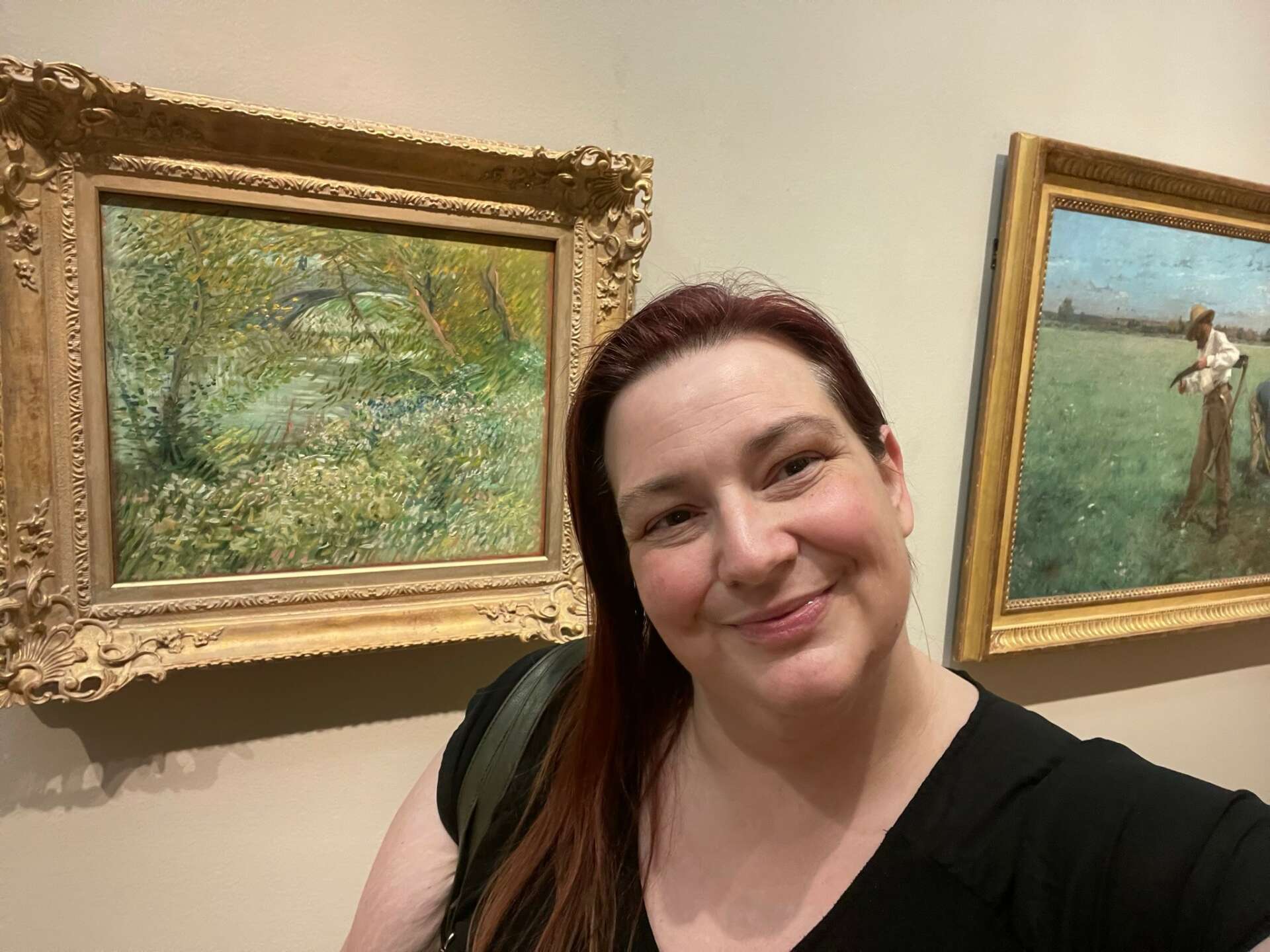
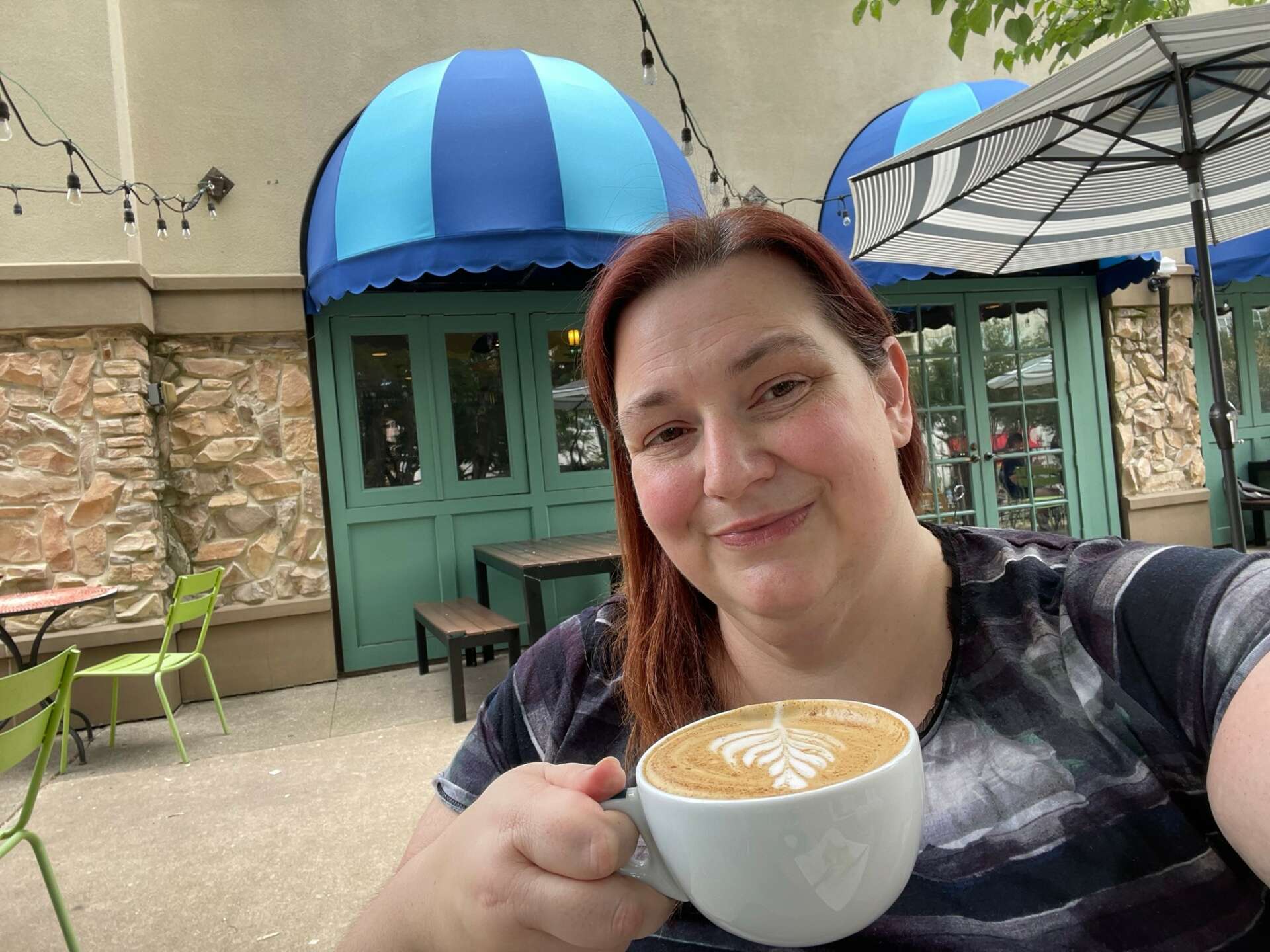
Great, appreciate you sharing that with us. Before we ask you to share more of your insights, can you take a moment to introduce yourself and how you got to where you are today to our readers.
I decided I wanted to be a writer back in elementary school, after reading Beverly Cleary and connecting strongly to Ramona Quimby. (Seriously — I have a pic from around second grade where I look a lot like she does on some of the vintage covers, same haircut and all. And I was the little sister, often getting into trouble for speaking my mind.) When I learned that someone had to imagine Ramona, and write her story — that’s what I wanted to do, especially after my fourth grade teacher encouraged me when she saw imagination in a story I had written. It took a long time (and a long pit-stop along the way as a librarian) before circumstances were right for me to become a published author. Part of this was realizing that the early encouragement I had received hadn’t included enough instruction on craft for me to make structurally sound plots. There was a lot of energy to my voice, and I would get requests easily off of partials — but then my rambling ideas would fall apart and the manuscript would get rejected. You have to hone skill, and that was something it took me a long time to learn.
Once I did though, I understood the benefits to a structured approach to plotting and building a manuscript. When I had worked as a librarian, I always had a writers group for the patrons I worked with. Once I started teaching creative writing, and especially since I’ve been critiquing query/partial manuscript packages, I got to see how this approach can help writers get past stuck points. I started building worksheets for writing students, that illustrated the advice writers often get, without anyone giving them ways to practice applying it. This eventually led to my writing textbook/workbook, Story Like a Journalist, which breaks down building a story world and manuscript outline into the basic questions from journalism class — WHO is your character? WHAT is your premise? WHEN and WHERE is your story set? HOW does your plot play out? And WHY should I care about your themes?
Currently, I teach through UT Arlington Continuing Education, and take a select list of clients as an Author Coach and occasional editor.
Most of my fiction deals with chocolate. This started off as a one-off project, after having done a craft chocolate tasting (as part of a lecture series aboard a cruise ship about cooking and party planning). On that same trip, we visited a cacao plantation as part of a tour. Shortly afterwards, I needed a project for National Novel Writing Month, and the resulting manuscript became the seeds of the Chocoverse. That version of Free Chocolate was very different than the published version of Free Chocolate, but it shows a lot about how writers process information, and pay attention to the world as they experience it. What started out as a spur of the moment topic has lead to me meeting craft chocolate makers from all over the world, and visiting farms and chocolate shops with purpose. One of the biggest compliments I ever got was in a review from the founder of DallasChocolate.org, who said that he was surprised my mysteries were so detailed and accurate, coming from someone who had never actually worked in the industry. Most reviewers just say my books just make them hungry.
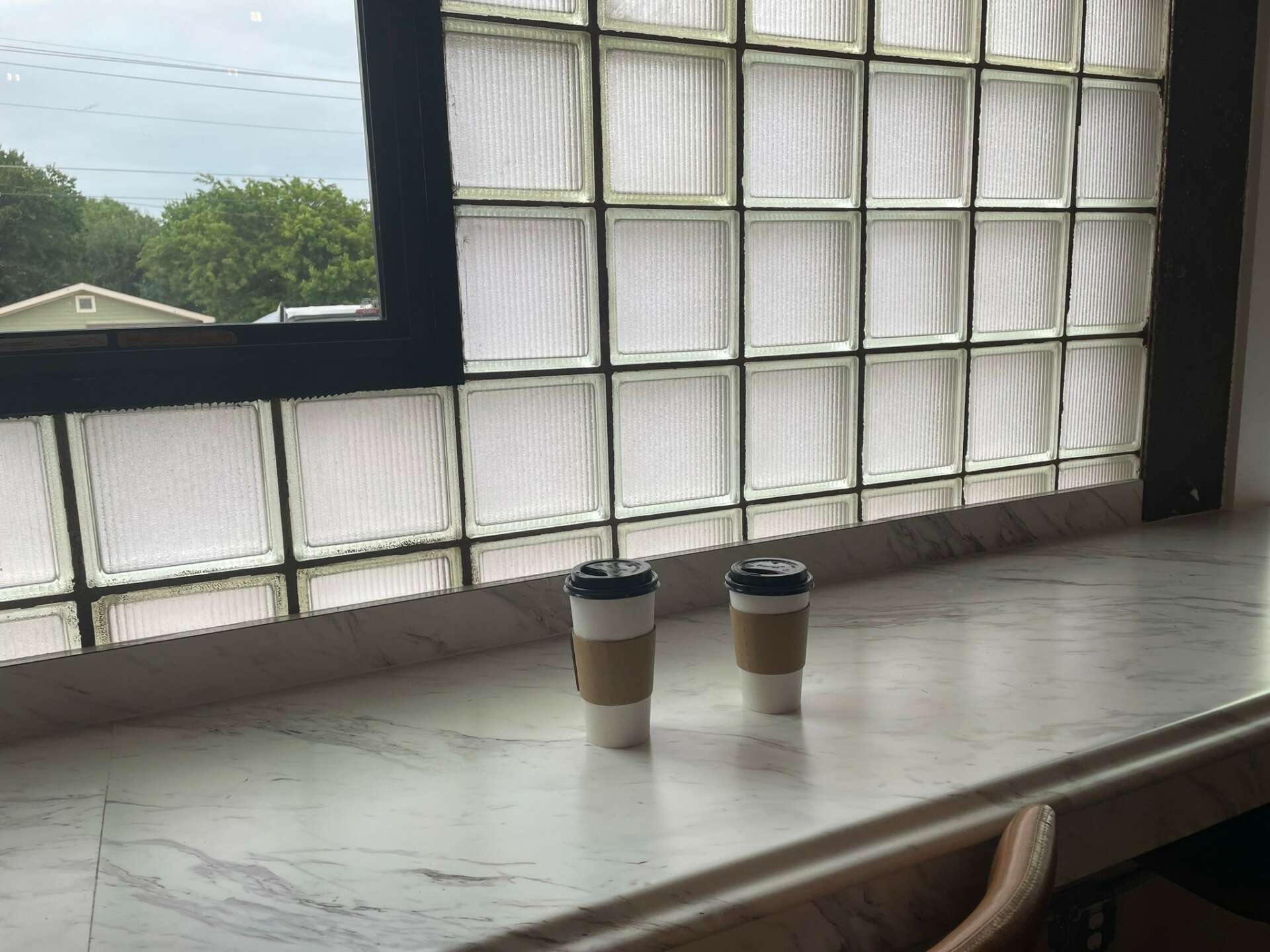
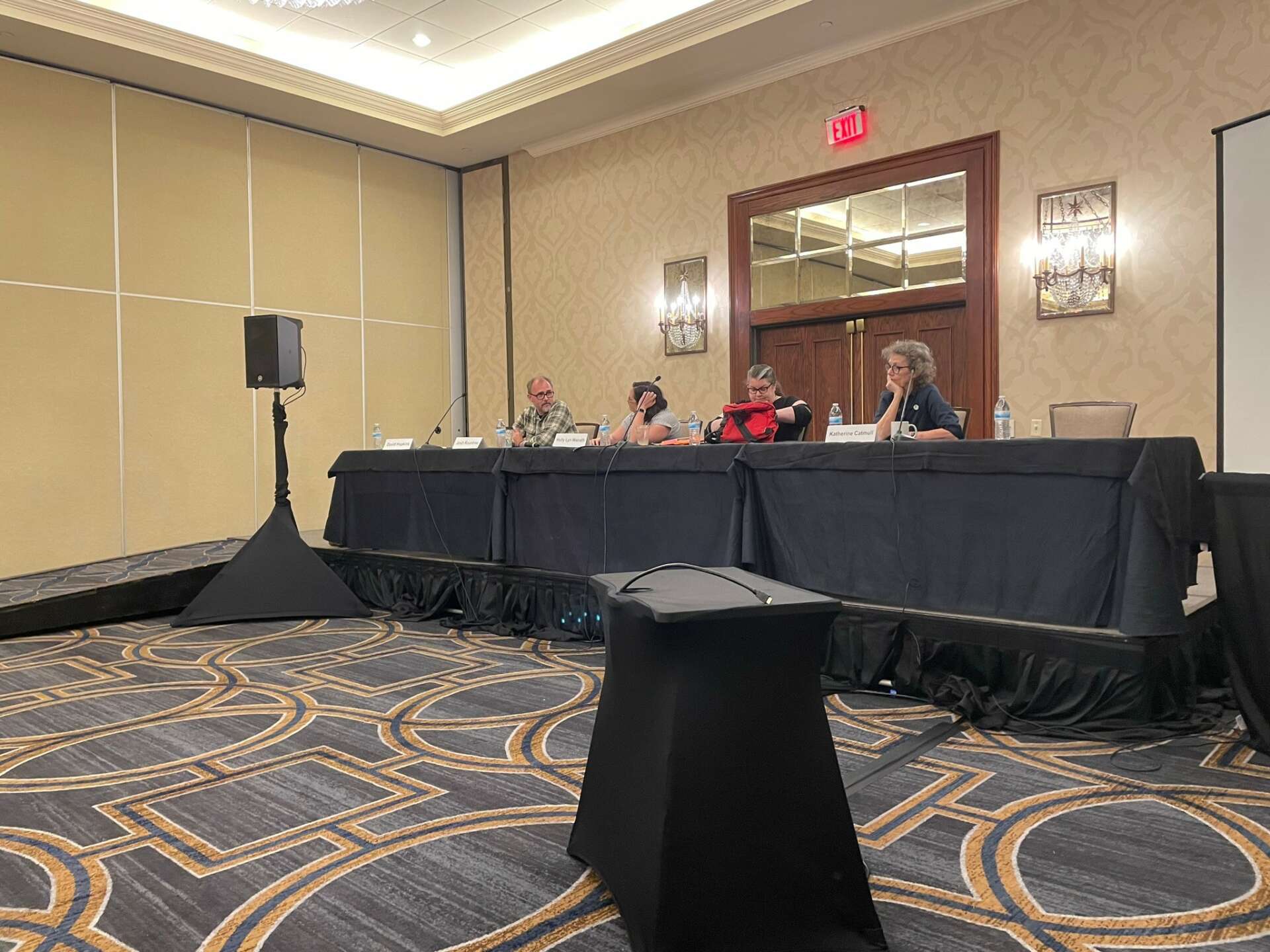
What do you find most rewarding about being a creative?
I believe that we often write to understand our own pain — things that have gone wrong in life, people who act in ways we can’t understand, loss that has no meaning — everything that would otherwise get shut inside us spills out onto the page in one way or another. As fiction writers, the events our characters experience may only tangentially reflect what happened in real life, but there will be parallels, or at least matching themes. Personally, I might not understand what lesson I’m trying to teach myself or what knot I’m trying to untangle until well into a series. (It wasn’t until I was writing the last few chapters of the last book in the Chocoverse Trilogy that I realized the whole thing was really about not caring too much what other people think about you –something I’ve struggled with my whole life — as much as it was about Bo saving her world and bringing reconciliation (in her role as space opera meets telenovela heroine). Bo is glitzy. She’s larger than life. She used to be a soap opera star, and her mom’s a celebrity chef. But inside, we’re a lot alike.
That’s why the reward in writing often comes from revelation — what your work really means, how it has changed YOU as a person, Those moments when you surprise yourself with how good it is. I’ve heard writing compared to an exercise practice, and that’s honestly not far off. Sometimes people come to writing — or to any art — looking for praise or for terrific amounts of money. And yes, sometimes that happens. But often you are looking at the successes of others that have been built over time, out of smaller projects and years of practicing the art form. Something more has to be driving you to get through those stages.
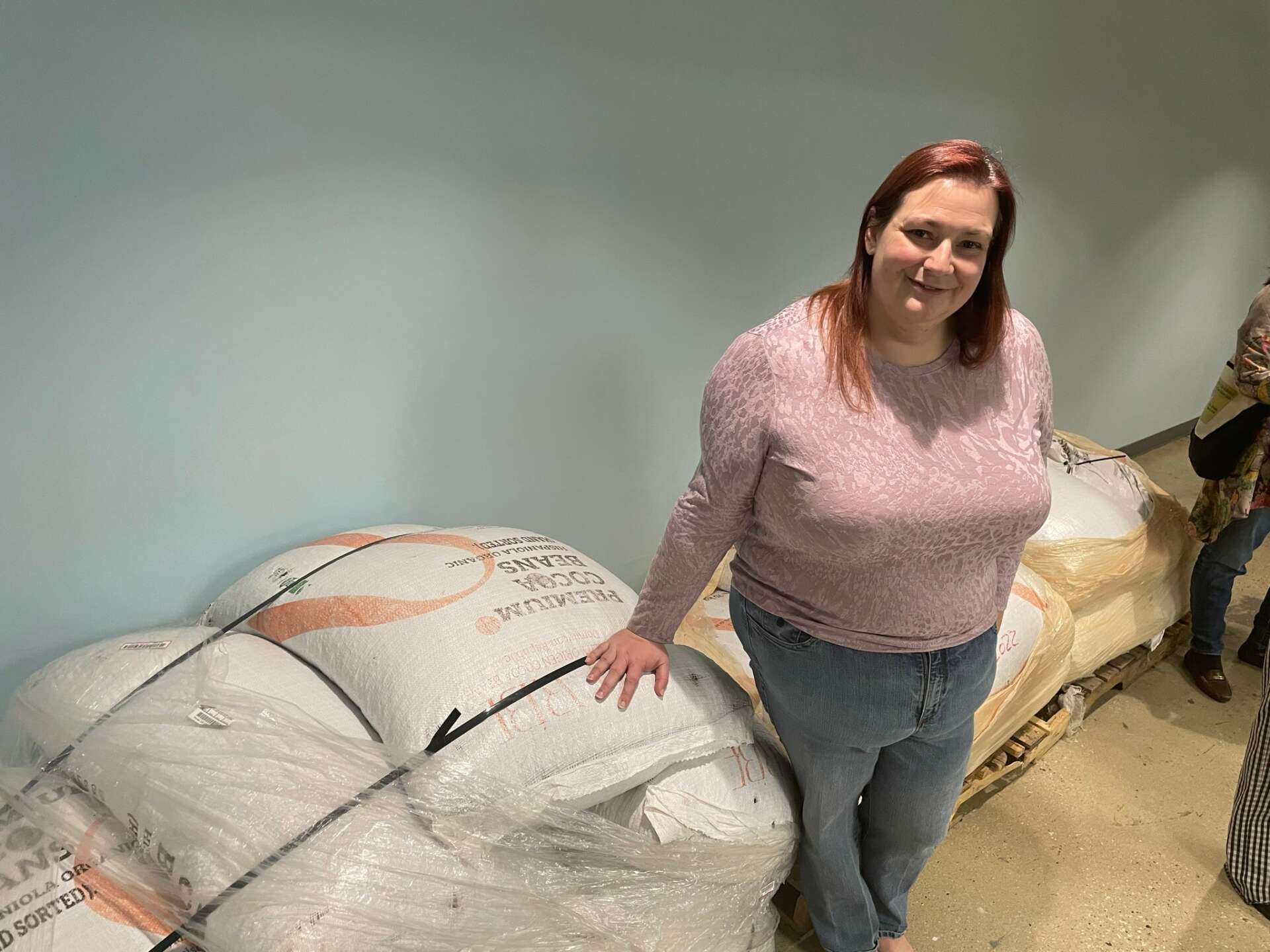
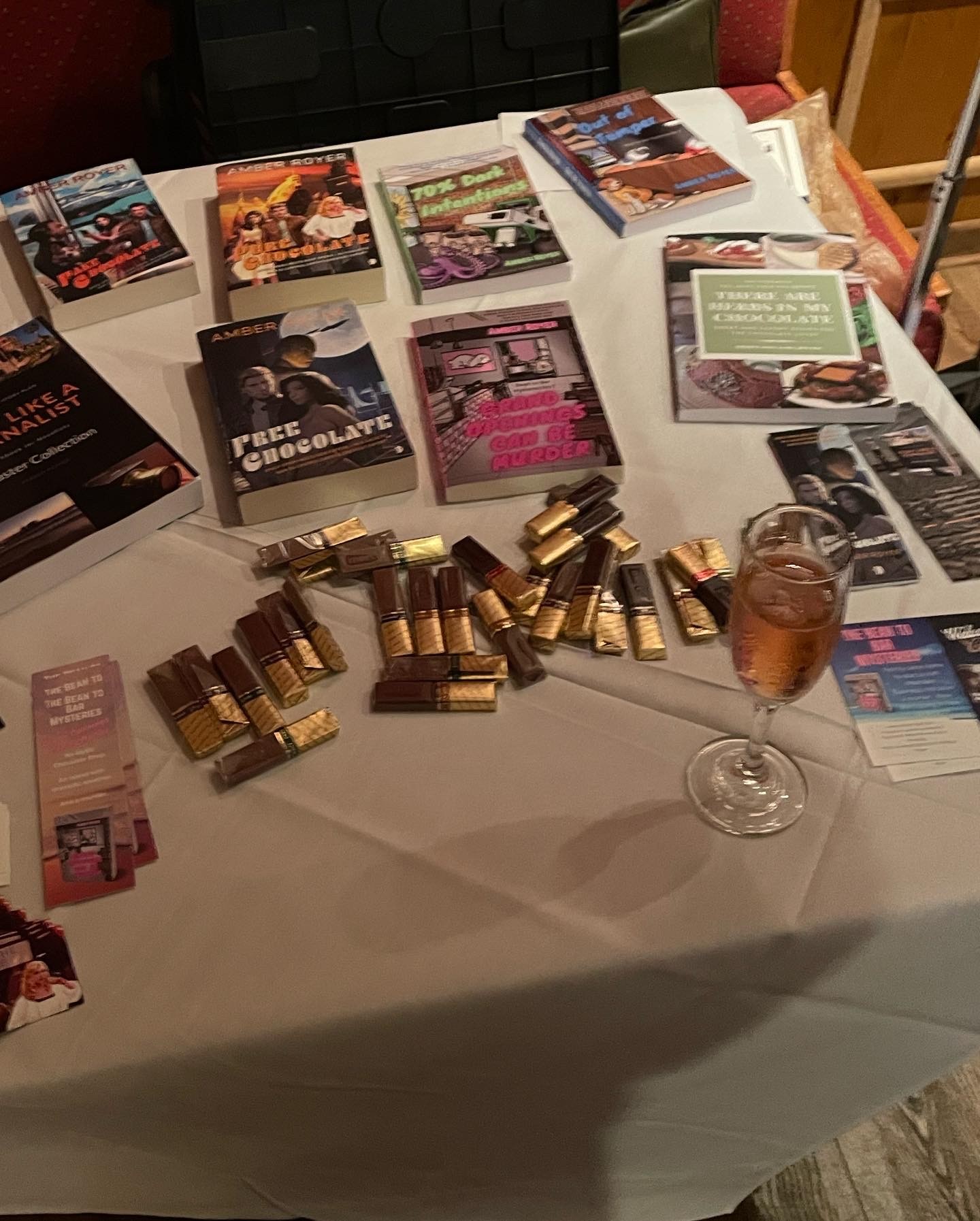
Is there a particular goal or mission driving your creative journey?
My goal is always writing books that the people I care about will enjoy reading. Often, I have a particular friend in mind when writing a book, and I’ve even borrowed said friend’s name for the last name of my protagonist. (Bo’s namesake even did the voiceover for the book trailer. I was beyond honored.)
I’m working on a new (as yet unreleased) project, and I’m angling it to appeal to a friend of mine who like more introspective books and video games with puzzles. That means my protagonist is shaping up into a very different person from the folks I usually write — and I’m having a blast with that. The only thing is, the character is better with things like codes and encryption than I am, which means there’s a lot of research.
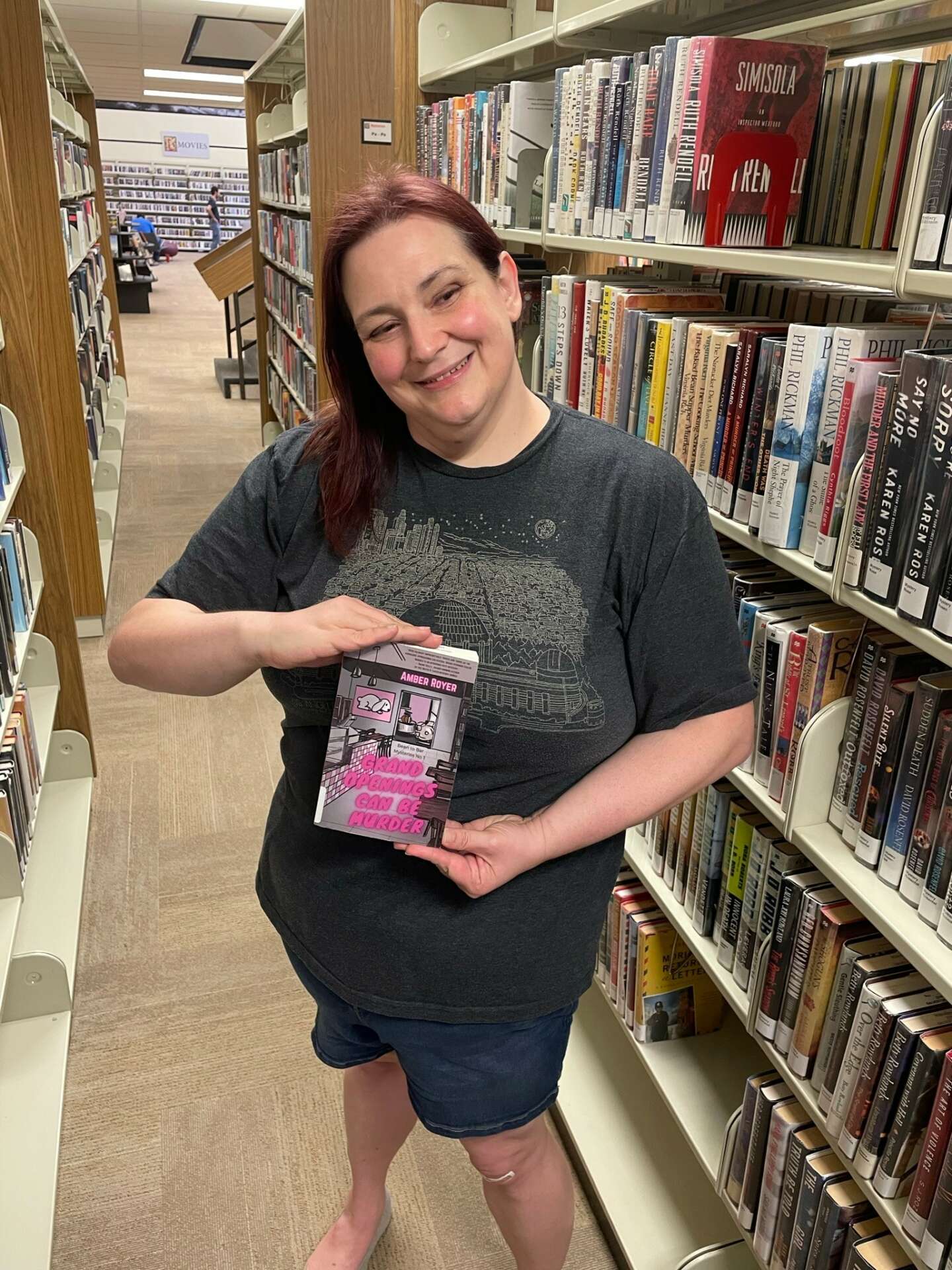
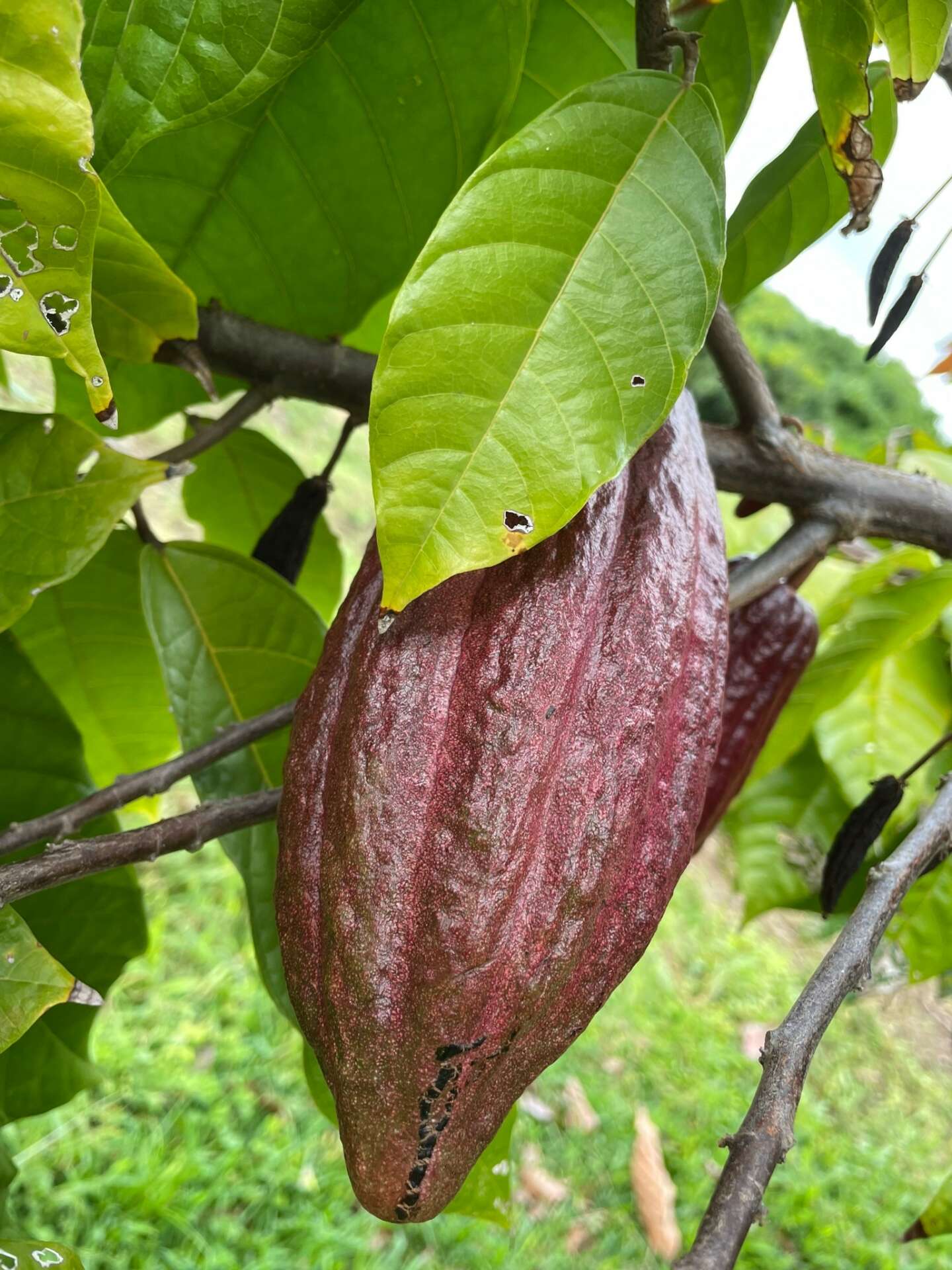
Contact Info:
- Website: http://amberroyer.com/
- Instagram: https://www.instagram.com/amberroyerauthor/
- Facebook: https://www.facebook.com/Amber.Royer.Author/
- Twitter: https://twitter.com/amber_royer
- Youtube: https://www.youtube.com/c/AmberRoyer


